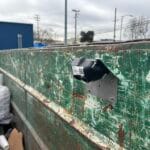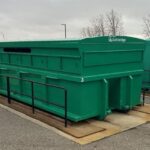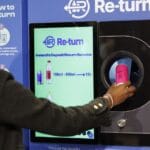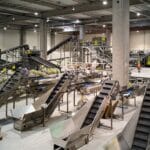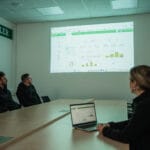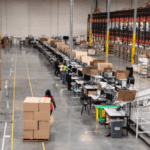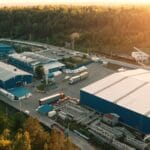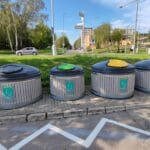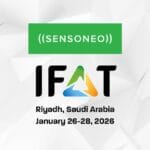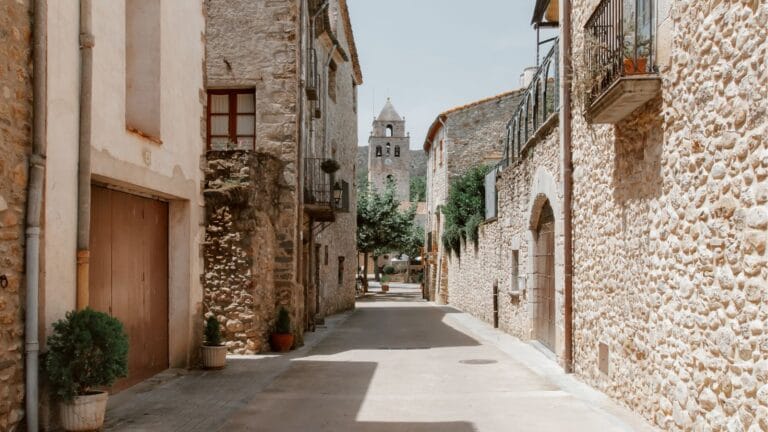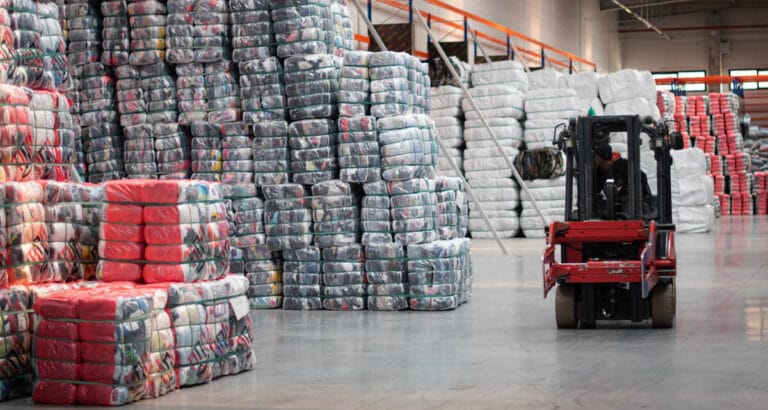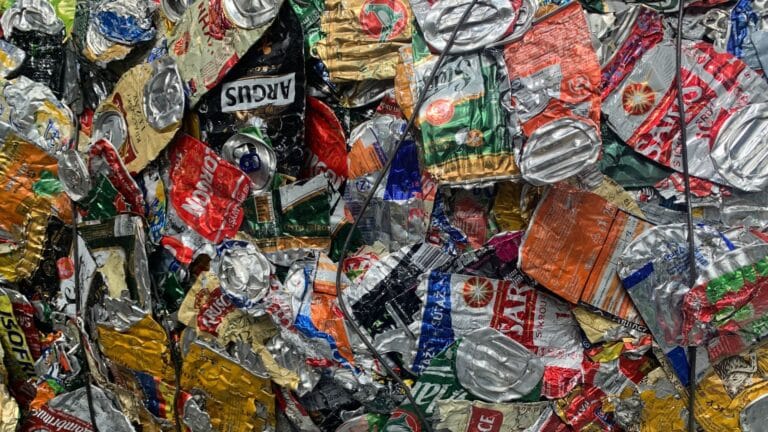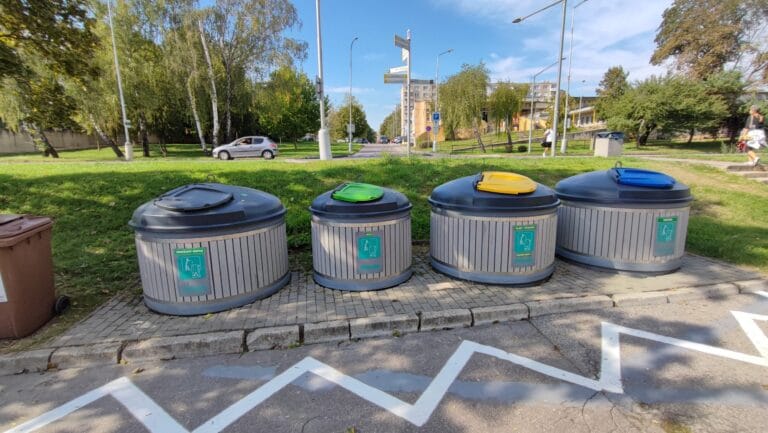Malta Leads the Mediterranean in Deposit Return Success

November 14, 2022
Date of implementation
A unique challenge for a unique island
Customer
BCRS Malta Ltd., established by key Maltese beverage industry associations, is tasked with fulfilling the collective extended producer responsibility for producers, importers, and retailers of single-use beverage containers. Its mission is to significantly reduce such waste in Malta by implementing a nationwide deposit refund system using advanced IT and engineering solutions, in line with the Beverage Containers Recycling Regulations 2020.

Project description
A deposit return scheme (DRS) has been running in Malta since 14 November 2022. Malta was the 13th country in the EU to launch the scheme, and the first in the Mediterranean region. Some elements specific to the Maltese system include public hubs with reverse vending machines (RVMs), an obligation of the HORECA segment to participate, and the possibility to donate deposits to charity among others. In Malta, around 70% of beverage containers are large plastic bottles, unlike the can-heavy markets of the north. This major variance shaped how the scheme was rolled out and the type of equipment needed to process the containers efficiently.
Sensoneo ‘s IT DRS solution works as the backbone of the entire system as it integrates all stakeholders and gathers data from all sources within the process chain.

Adapting on the go
The high rate of public engagement right from the start was a positive surprise, yet it placed immense pressure on logistics and operations. With no soft launch period, BCRS had to meet performance expectations immediately.
From fine-tuning reverse vending machines (RVMs) to establishing an innovative 24/7 logistics system using motorcycles, BCRS had to make swift, practical changes. Public hubs, lacking on-site personnel, also posed unexpected challenges with littering and misuse. The solution came in the form of a cleaning partnership and continued public education.
Manual collection, especially from the HORECA sector, required further incentives, technical app improvements, and more flexible collection terms to encourage participation.
Public Hubs: A Maltese Success
Malta’s introduction of public hubs, unique to the island, proved highly successful. Half of the 320 RVMs are located in these hubs, and they collect virtually the same volume as supermarket-based machines. One added benefit: vouchers from public hubs can be redeemed at any participating retailer, adding flexibility and appeal for users.
HORECA and Summer Scaling
While roughly 40% of the 2,000 registered HORECA establishments are active participants, full adaptation remains a work in progress due to operational and space constraints. With summer tourism increasing demand, BCRS is ramping up operations—installing high-capacity RVMs, extending container collection capabilities, and increasing manual pickup frequencies.

Impact
The numbers since the launch were impressive and surpassing expectations. In first 150 days, over 60 million beverage containers have been collected, an average of 500,000 per day. With a national population of just over half a million, this signals remarkable progress, jumping from less than 20% recycling to close to 70% recovery, the target set for the first year.
One year after implementing the Deposit Return Scheme, Malta achieved an 80% collection rate of single-use beverage containers.
Perhaps the most visible result isn’t just statistical—it’s environmental. Public cleaning departments have reported a significant reduction in litter, particularly beverage containers, in both urban areas and on beaches after storms.
The DRS has also spurred creative social initiatives. NGOs collecting containers to fund care for stray animals and RVMs offering users the option to donate their deposit have added a heartwarming layer to the program. During Christmas, more than €60,000 was donated through the system to the Malta Community Chest Fund.
Malta’s DRS is not just an environmental initiative—it’s a cultural and social shift. In only five months, it has reshaped recycling habits, improved public cleanliness, and even supported charitable causes. A powerful model for other small nations, Malta is proving that even a small island can lead with big impact.
Key numbers
320+
Reverse Vending Machines
3,500+
registered beverages
60+
recycling hubs
70+
collection points in retail
“Undoubtedly, IT is an important backbone of the whole deposit return scheme. Every change you make to the model has an impact on the underlying IT systems. I’ve said this before, and I always like to repeat that Sensoneo brings something to the table that is very important: the experience with DRS implementation, which is vital.“
“When you are doing something new for the first time, you have no one to refer to so having a partner that has done it before is incredibly helpful. But most of all when you are changing your model so quickly, at such short notice, it is key to have a partner that can, thanks to its experience, respond rapidly, solve the issues, and make required changes in a professional manner. Sometimes you feel like you are in a dark tunnel when you are encountering all these things so having a guiding light from someone who knows how to do it, and knows how to do it quickly, is what makes Sensoneo an exceptional partner for us!”

Edward Chetcuti, Former CEO of BCRS Malta former CEO leading the organization during the time of the implementation and launch of the system
Latest success stories
Smart Waste Newsletter
Get monthly updates from our company and the world of waste!

